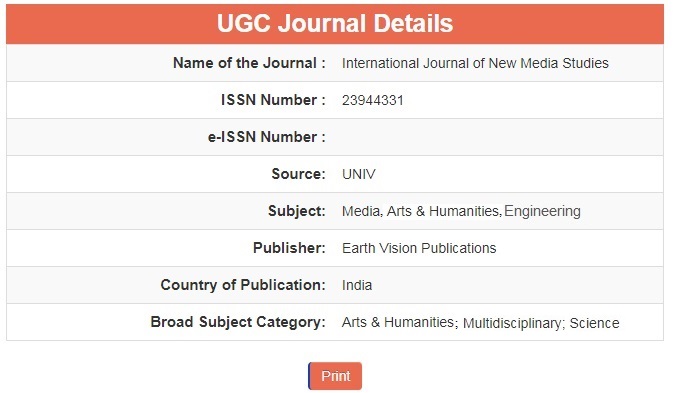Ayurvedic Management of Crohn’s Disease- A Case Study
Keywords:
Crohn’s disease, Grahani, Picchabasti, Ayurveda.Abstract
Crohn’s disease is a chronic inflammatory disease of the intestines. It primarily causes ulcerations (breaks in the lining) of the small and large intestines, but can affect the digestive system anywhere from the mouth to the anus. It causes a wide variety of symptoms like abdominal pain, diarrhoea (even bloody if inflammation is severe), vomiting, weight loss. It may also cause complications outside the gastrointestinal tract such as skin rashes, arthritis, and inflammation of the eye, tiredness, and lack of concentration. Crohn’s disease is related closely to another chronic inflammatory condition that involves only the colon called ulcerative colitis. Together, Crohn’s disease and ulcerative colitis are frequently referred to as inflammatory bowel disease (IBD). Crohn’s disease is caused by interactions between environmental, immunological and bacterial factors in genetically susceptible individuals. This result in a chronic inflammatory disorder, in which the body’s immune system attacks the gastrointestinal tract possibly directed at microbial antigens. Crohn’s disease has traditionally been described as an autoimmune disease, but recent investigators have described it as an immune deficiency state. According to Ayurveda, Crohn’s can be compared to ‘Grahani’ disease. Grahani in Ayurveda, is actually an anatomical term to describe small intestines (specifically Ileum and jejunam). Any vitiation or inflammation to this particular part by imbalanced Doshas (Vata, Pitta, Kapha) can cause a wide variety of symptom similar to that of Crohn’s disease, anywhere across the digestive system. Degree and nature of symptoms may vary as per the doshic predominance & involvement. At CHARAKA, we are providing very effective treatment for Crohn’s disease based on the classical principle of Ayurveda and our research. Treatment involves internal research medicines, strict diet regime and life style modifications. In more severe and chronic cases, Panchakarma therapy is selectively done along with these. Pichha Basti indicated in Parvahika, Grahani and Atisara by Acharya Charaka and Vagbatta. This Basti reduce inflammation due to its Grahi, Deepandravya and Picchila Guna.






